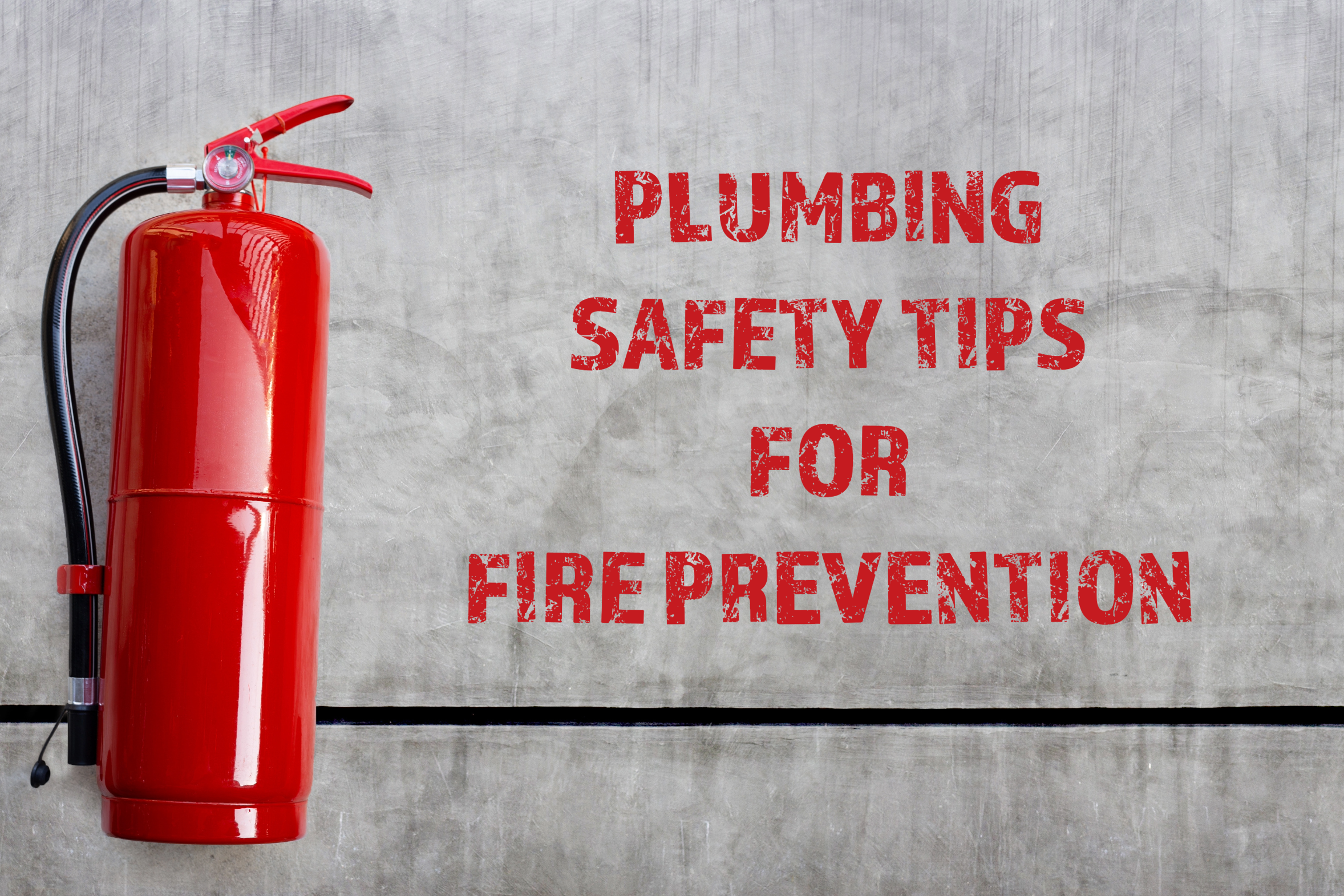October is a time to raise awareness about fire safety and prevention due to it being Fire Prevention Month. Originally it was just started as National Fire Prevention Week in 1922, but since has grown to span the entire month. This is because annually, approximately 358,500 house fires take place, with approximately 5,400 of those being attributed to water heaters. Now, we want to emphasize that water heaters are not inherently hazardous. However, it is crucial to highlight that disregarding proper maintenance or neglecting best practices can result in fire hazard issues if not addressed promptly. Therefore, it is imperative to ensure the diligent care of our water heaters in order to prioritize safety.
Join your Lebanon Plumbing & Drain family as we guide you through essential water heater fire prevention measures.
Exploring the Differences in Risks Between Gas and Electric Water Heaters:
Before we dive into safety tips, let’s take a closer look at the differences between gas and electric water heaters. While they may have different energy sources, their operations and internal workings are quite similar. So, which one is safer? Well, that’s up for debate. But for now, let’s focus on understanding their energy sources and how they work.
Gas Water Heaters: These appliances use natural or propane gas to heat water, which means gas leaks could potentially produce flammable vapor. If a gas leak occurs and the flammable vapor comes into contact with an ignition flame, there is an increased risk of a vapor-induced explosion. Luckily, most modern water heater models are sealed at the bottom, keeping the ignition flame safe from flammable vapors. To be on the safe side, it’s a good idea to install a Carbon Monoxide & Explosive Gas Detector in your home, regardless of your water heater’s age. These hybrid alarms can detect carbon monoxide as well as natural gases like methane and propane.
Electric Water Heaters: On the other hand, electric water heaters depend on electricity, so it’s important to stay vigilant for any signs of overheating or electrical fires. (Click here to read more about this topic!) There can be several factors that cause water heaters to overheat, but if the temperature goes above 140ºF, you might consider lowering it. If the issue persists, it’s best to seek professional assistance. Generally, water heaters should be set between 120ºF and 140ºF for optimal performance.
Safety Tips for Water Heater Fire Prevention:
- Keep Flammable Materials Away: Make sure to keep flammable materials well away from your water heater and its immediate surroundings. Items like paint cans, empty gasoline containers, oily rags, household chemicals, cleaning products, cardboard boxes, stacks of paper, wood furniture, and plastic bottles should be kept away from the unit at all times. Also, if your water heater is in the garage, be cautious when storing items like lawnmowers that require gasoline, as it can pose a significant fire hazard.
- Know How to Shut Off the Water Heater: Take a moment to familiarize yourself with how to turn off your water heater. You may not expect to need this knowledge until you find yourself in a critical situation where quick action matters. So, knowing in advance how to shut off your water heater can be incredibly valuable. Remember, we’re here to help!
- Clear the Area: Make sure to keep the space around your water heater free from clutter. Think of it as giving your water heater enough “breathing space” to ensure proper airflow. Avoid stacking items around or in front of your water heater, as it can block airflow and pose a real fire hazard.
- Schedule an Annual Plumbing Inspection: Don’t forget to schedule your annual plumbing inspection with a professional plumber! These thorough inspections cover all aspects of your plumbing system, from pipes to sinks, toilets, showers, and water heaters. Taking this proactive approach will help keep your plumbing in top shape, catch any potential issues early on, and prevent them from turning into bigger problems down the road.
Just a friendly reminder that safety and responsible maintenance of your water heater are absolutely crucial. Ensuring the safety of you and your family is our top priority, so don’t hesitate to reach out if you need any assistance! Give us a call to learn more about our Whole Home Protection Plan. We’ve got you covered when it comes to keeping your home and HVAC system in tip-top shape!
Stay safe and call Lebanon Plumbing & Drain for all your plumbing needs today at (513) 427- 2443, or schedule an appointment online now by clicking here!




